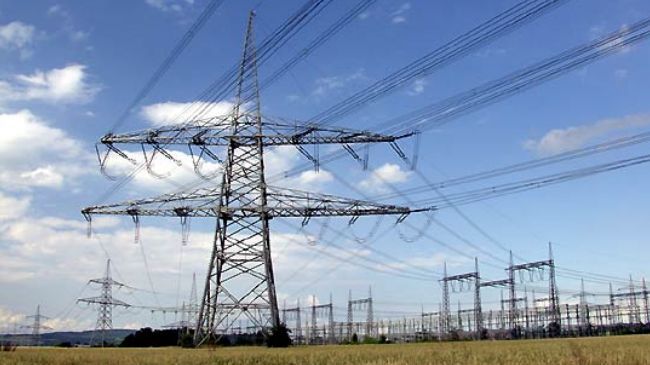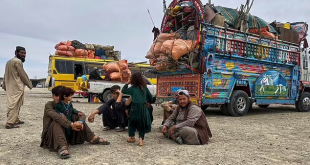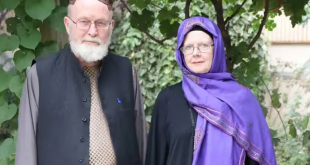The insurgent group which is targeting civilian and military installations without any pause has claimed to provide security to the important national projects on which the Afghan government and people pinning high hopes. On Tuesday, the Taliban in a statement said that the leadership has directed the foot-soldiers and commanders on the ground to provide security to the developmental projects that would benefit the nation and the country. The statement has been received as a sign of changing Taliban’s face in the advanced geo-strategic game that has entered into new phase. The militant organization is trying to win sympathize of Afghan people, who suffered most at the hands of insurgents and terrorists.
Looking at the civilian casualties and surge in militant attacks on security posts, it is hard to pinpoint motives of the Taliban. Interestingly, the group had talked about Turkmenistan-Afghanistan-Pakistan-India (TAPI) gas pipeline, CASA-1000 and Mes Aynak copper mine projects. These are the fate changing projects, though the militant outfit also talked about highways, hydropower and agriculture dams. Taliban’s offer to safeguard the multi-billion dollar projects such as TAPI, CASA-1000 and Mes Aynak is truly intriguing. The militant group knows that it can cash in by offering security to these projects. It also tells the tale of good and bad.
That’s why it gives birth to two different schools of thoughts—rationalist and idealists. The rationalists believe that the Taliban would never shun violence or provide any kind of protection to the uplift schemes because the militant group has always threatened de-miners, engineers, teachers and construction workers. The insurgent organization is also alleged of attacking the dams and blowing up bridges. This school of thought sees the Taliban’s statement as a publicity stunt to infuse new colors into its dark picture that it had sketched for itself in the past five years by launching deadly attacks. The attacks have resulted in increased civilian causalities and heavy financial losses.
On the other hand, the idealists welcome the statement as a ray of hope. Those who belong to this school of thought are of the view that the Taliban are realizing that violence would not bring them back in power. They believe that the militant group is changing because its leadership realized that they were used by Islamabad as pawns on the strategic chess-board to stalemate the Afghan government so Pakistan could secure its own interests in the country. They also believe that involvement of China and Pakistan in the mega projects is forcing the militant group to change its rigid stance. The idealists are hopeful that this change would bring the Taliban an inch closer to the peace talks.
It is very difficult to project a precise picture about the Taliban’s motives behind the statement, given the contradiction and changes on the political and security horizons. However, the government should not pin any hopes on such statements because it is responsibility of the Afghan authorities to provide security to the mega projects. If Taliban were allowed asked for support, it will definitely undermine credibility of the Afghan government.
 Afghanistan Times
Afghanistan Times




